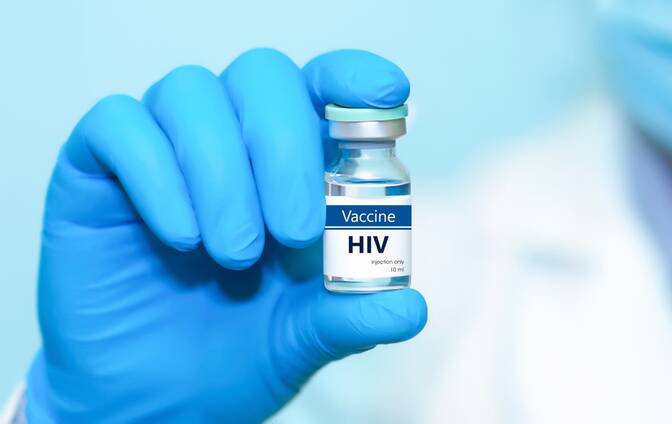National HIV Vaccine Awareness Day
May 18, Monday

History of the Holiday
The idea of establishing National HIV Vaccine Awareness Day arose after a speech by U.S. President Bill Clinton on May 18, 1997, in which he emphasized the need for an effective vaccine to combat HIV and AIDS. In 1998, the first awareness day was held to mark the anniversary of this speech and draw attention to the importance of scientific research in this field.
Goals and Significance of the Day
The main goals of National HIV Vaccine Awareness Day include:
* Recognizing and thanking scientists, medical workers, volunteers, and communities working on the development of the vaccine.
* Raising awareness about the importance of research in HIV prevention.
* Drawing attention to the need for investment in new technologies to fight the HIV/AIDS epidemic.
How to Observe the Day
To participate in National HIV Vaccine Awareness Day, you can:
1. Share information about HIV and vaccines on social media using the hashtags #HVAD and #HIVVaccineAwarenessDay.
2. Attend local events dedicated to the day, such as lectures, seminars, or exhibitions.
3. Donate money or time to organizations working on vaccine development and supporting people living with HIV.
4. Discuss the importance of HIV prevention and the role of vaccines in combating the epidemic with friends and family.
Role of Research and Future Prospects
Scientific research into HIV vaccines continues, and while there is no definitive vaccine yet, significant progress has been made. The use of new technologies, such as mRNA platforms, is helping in the development of vaccines that can effectively stimulate an immune response against HIV.
National HIV Vaccine Awareness Day serves as a reminder of the importance of collective efforts in the fight against HIV and AIDS and inspires further research and support for those working on creating an effective vaccine.
